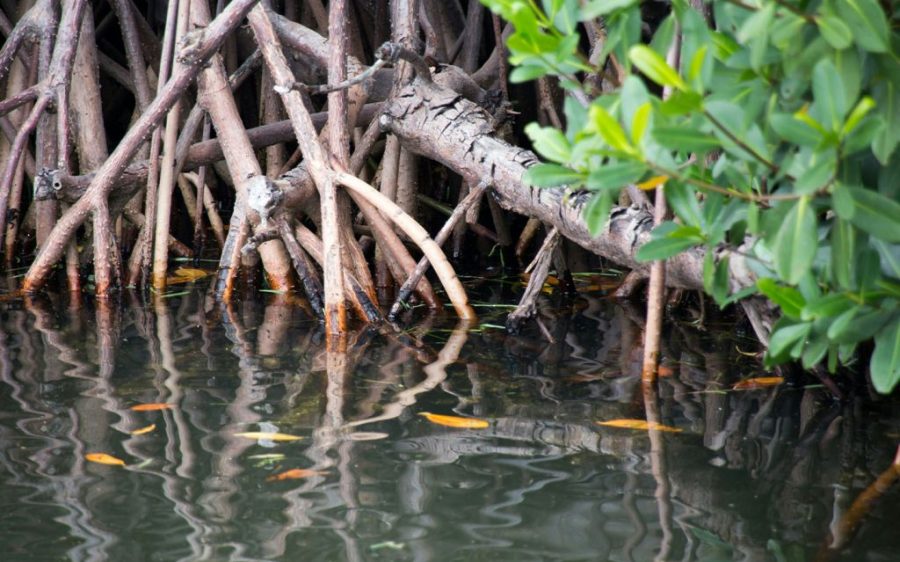The University of St. Joseph (USJ) and the Municipal Affairs Bureau will work together to tackle the depletion of mangrove forests along Taipa’s coastline, according to the Union of Catholic Asian News.
They plan to plant around 800 of the salt-tolerant trees between 16 and 24 March – Macao’s 43rd annual Green Week.
USJ will also participate in Green Week by presenting research work carried out by its Institute of Science and Environment – including findings on coastal wetland conservation, which mangroves are vital for. The presentation will take place at the Taipa Houses Museum.
[See more: First line of defence: Why it’s crucial to protect and restore Macao’s mangroves]
USJ professor Karen Tagulao said researchers from the university would participate in other panels during Green Week, covering topics such as mangrove conservation, freshwater ecosystems, water management, sustainable use of the oceans, sustainable fishing and plastic pollution.
“We will also try to highlight biodiversity in these areas with photographs and interactive games,” Tagulao added.
The professor noted that mangroves planted in Macao in recent years have a high survival rate, leading to the territory’s mangrove forest “gradually increasing” in size. “Still, pollution of coastal areas continues to be a threat to these ecosystems,” she warned. “Although mangroves are very resilient and tolerate pollution well, plastics can suffocate them.”






